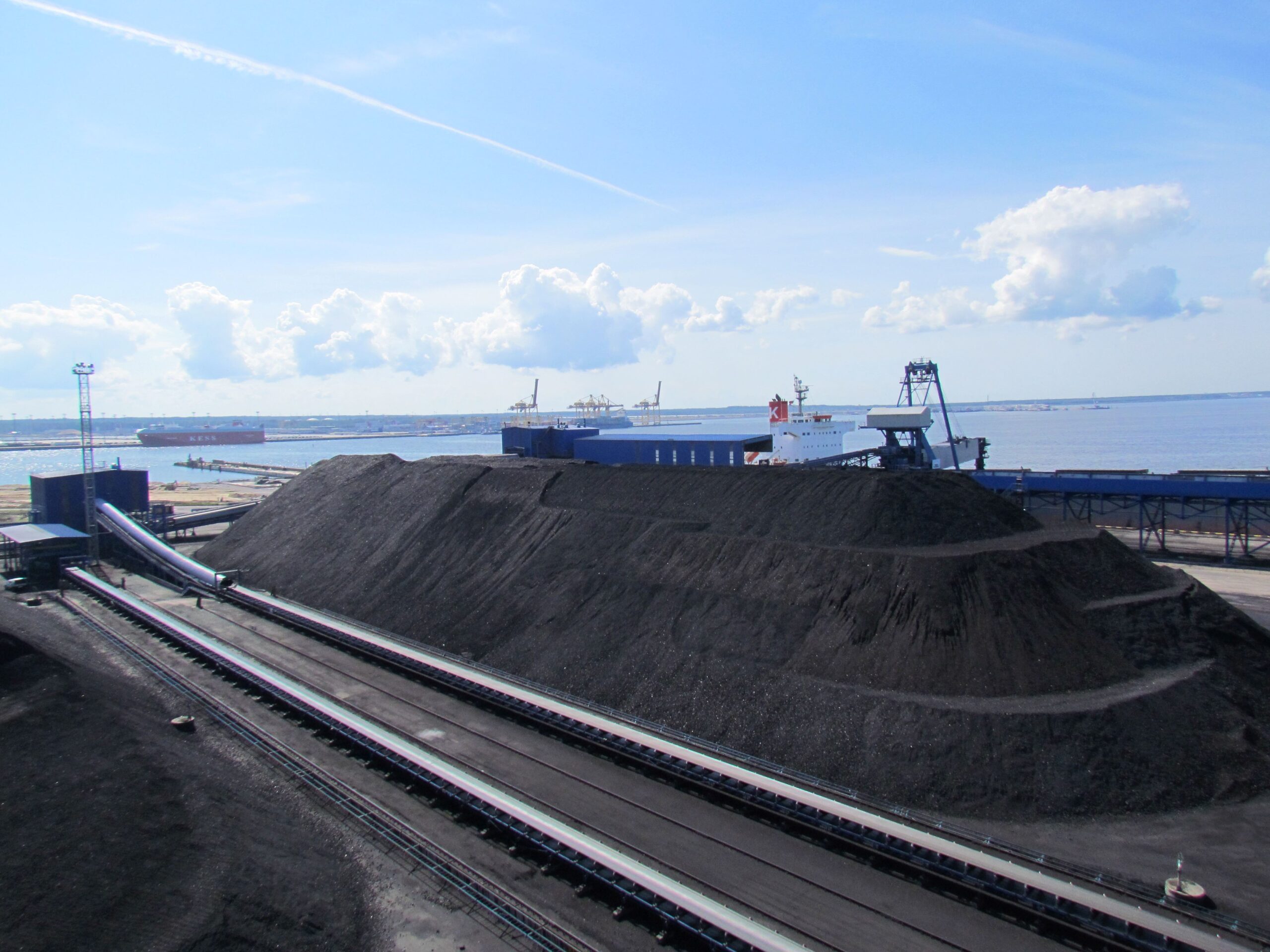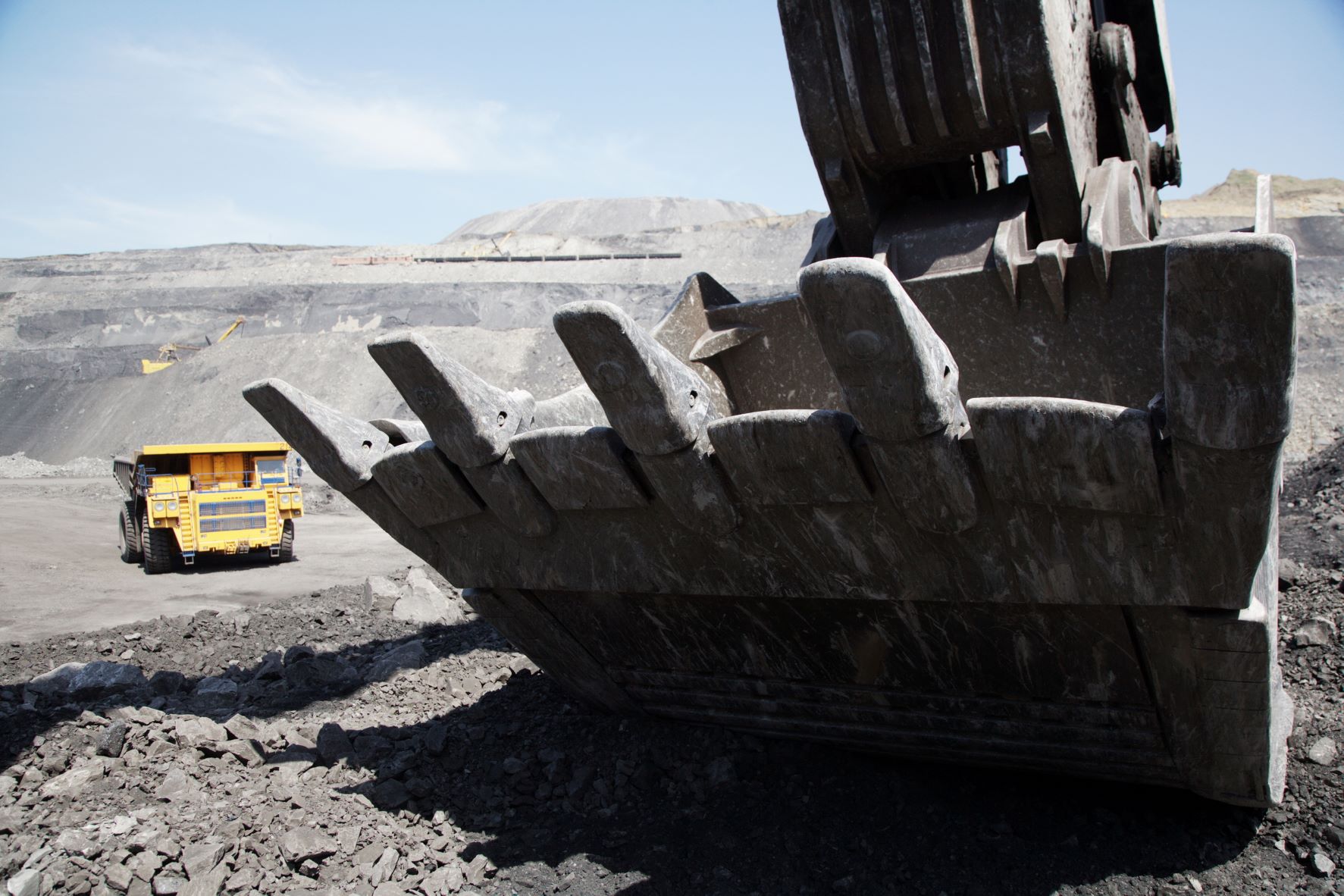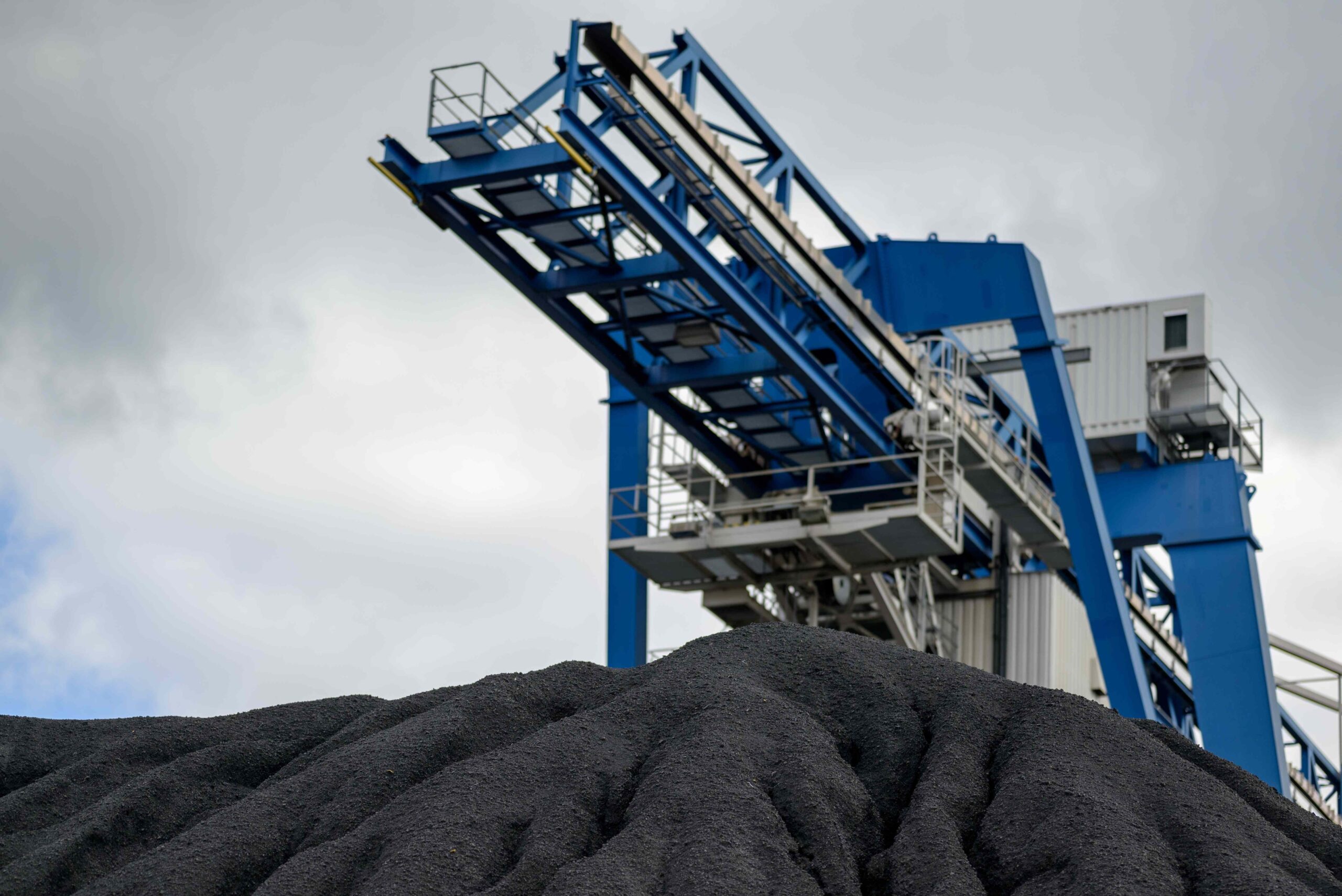
On July 26, 2021, the representatives of Russian Railways announced a partial resumption of traffic on the Kuenga-Ukurei section of the Trans-Siberian Railway (TSR). Complete recovery of the cargo movement eastwards may take more than 5 days, given the extremely difficult conditions of the repair works.
On July 23, 2021, a railway bridge on the Kuenga-Ukurei section of TSR collapsed due to heavy rainfalls. Russian Railways (RZD) notified exporters and freight car operators on restrictions, introduced on movement of all types of cargo, except for food deliveries.
Under the experts, even a short-term delay in cargo transportation will lead to a range of negative consequences for market participants.
Total losses of RZD’s freight turnover are expected to reach 3.3 million tons of all types of cargo in July.
Moreover, until mid-August additional 3 mio t of cargo may not be shipped, given the ongoing maintenance works, abandoned trains and rail congestions on the Eastern range. According to experts, losses of export coal supplies eastwards in July-August may amount to about 2 mio t under a conservative estimate. In July 2020, the volume of cargo transported via this direction reached 103.8 mio t. Although RZD tries to offload TSR by redirecting cargo to Baikal-Amur Mainline (BAM), limited carrying capacities of single-track BAM cannot handle this amount of cargo. Already reduced traffic on railway border crossings near the Chinese border maintain additional pressure on rail deliveries.
Under the Russian Association of Railway Operators, exporters of coal, metals and iron will suffer the most, since they will have to incur financial losses due to demurrage of vessels and coal delivery delays. The Kuenga-Ukurei section of TSR, located in the Zabaikalsky region, is critical to coal deliveries from Kuzbass to the ports of the Far East.
Apart from that, since a large number of empty cars in the Far East currently cannot be redirected to Kuzbass, a potential shortage of free cars will increase strain on the market in the short term.
Russian Railways Company is currently implementing a large-scale program to increase carrying capacities of BAM and TSR to 180 mio t for all types of cargo until 2024. Nevertheless, a significant expansion of railways will not hedge the risks of collapses due to outdated rail infrastructure on most sections of the Far East.
Source: CAA Analytics



